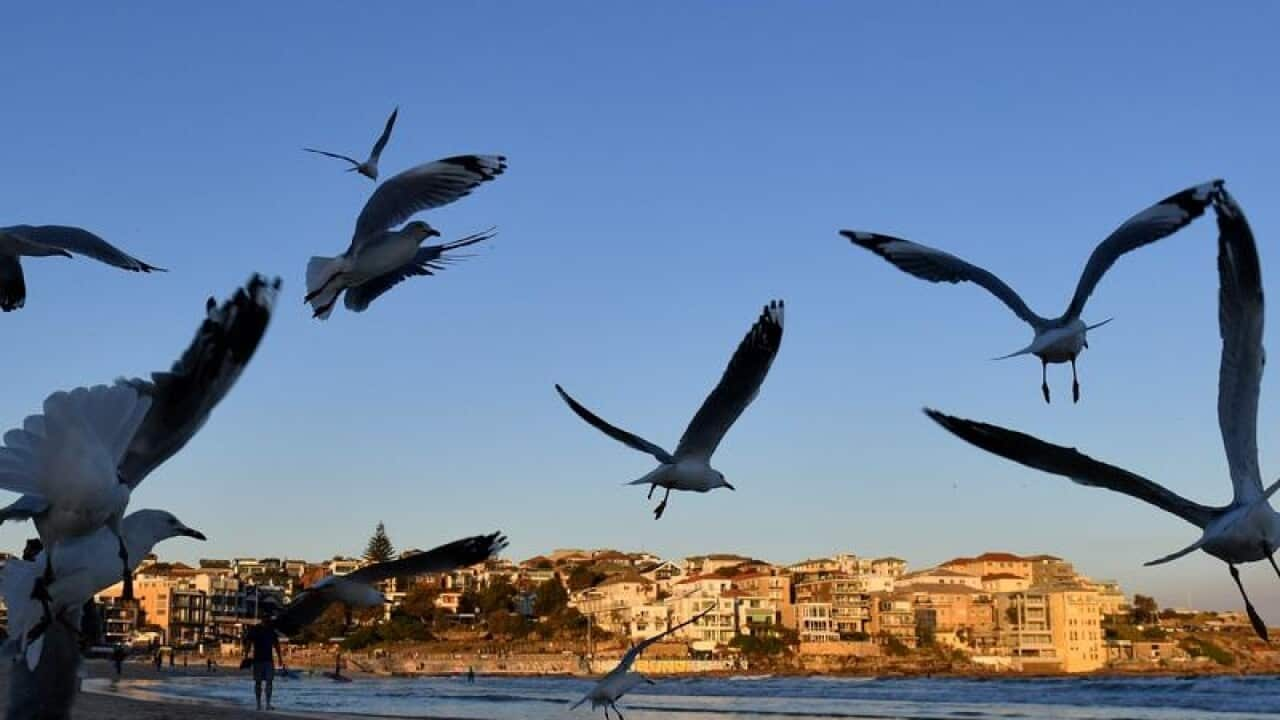Size matters for the world's most threatened seabirds, who are at risk of death from even the smallest pieces of plastic floating in the world's oceans, a new study has found.
Researchers measuring the size of plastic rubbish eaten by the petrel family of birds in Australia and New Zealand found 90 per cent of the plastic trash trapped in the bird's gut was just two to 10mm in size.
"These sizes are much smaller than we originally thought," University of the Sunshine Coast marine biologist Kathy Townsend told AAP.
"Worryingly, fragments of plastic less than 10mm are the most abundant floating litter in the ocean."
That's small enough to make it into a petrel's stomach but too large to make it out of the small intestine, which can cause a blockage resulting in death, she said.
The joint study by the University of the Sunshine Coast, the CSIRO and the University of Tasmania is one of the first to measure the dimensions of rigid plastic items ingested by various species of petrels, the world's most threatened bird group.
"Nobody's ever looked at debris of this size because there's a common perception that once it gets to this size it's not such a big problem," Dr Townsend said.
"They just eat it and it'll pass through, but even those small bits do make a difference and they are impacting animals."
Dr Townsend said the problem had the potential to become greater as larger pieces of plastic slowly broke down in the oceans.
"As they become smaller they actually become available to more species," she said.
"These small sizes (of plastic) are even more dangerous than the larger pieces."
The team measured 1694 pieces of plastic from 348 seabird carcasses of 20 species of petrels, which were collected over a five year period from 2013.
The species included: short-tailed shearwaters, fairy prions and white-faced storm petrels.
The largest piece of plastic found was over 5 cm long - the size of a USB stick.
The study was published in the Marine Pollution Bulletin on Tuesday.
Share

